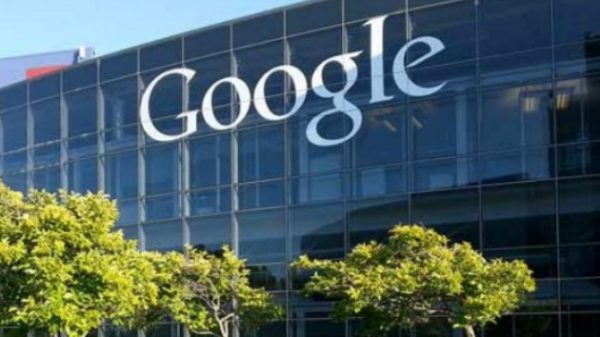Online platforms are responsible for content recommendations generated by algorithms, says an amicus brief filed at the United States Supreme Court yesterday in support of the petitioners in Gonzalez v Google (2022). The petition was filed by the advocacy group Free Speech For People, which hopes to assist the Court as it deliberates on this landmark case concerning intermediary liability in the United States. What is Gonzalez v Google about? In 2015, 23-year-old U.S. citizen Nohemi Gonzalez was murdered in an ISIS shooting in Paris. Her family soon took Google to court—arguing that YouTube abetted the crime by recommending ISIS recruitment videos to the terrorists who eventually killed Nohemi. How did the courts rule? Gonzalez takes on Section 230 of the Communications Decency Act at the Supreme Court, which states that "no provider or user of an interactive computer service shall be treated as the publisher of or speaker of information provided by another information content provider”. Google previously used this safe harbour provision to protect itself from being held liable for its algorithmic recommendations when the case was first brought at a California court a few years ago. The court ruled in favour of Google in 2017, observing that “the videos it was recommending had been produced by ISIS, not by Google itself”. The Ninth Circuit Court of Appeals dismissed an appeal to the decision in 2021, and denied a request to rehear the case in 2022. What does the amicus brief argue? The Supreme Court should reverse the Ninth Circuit Court's decision, especially given that targeted recommendations cause…





























